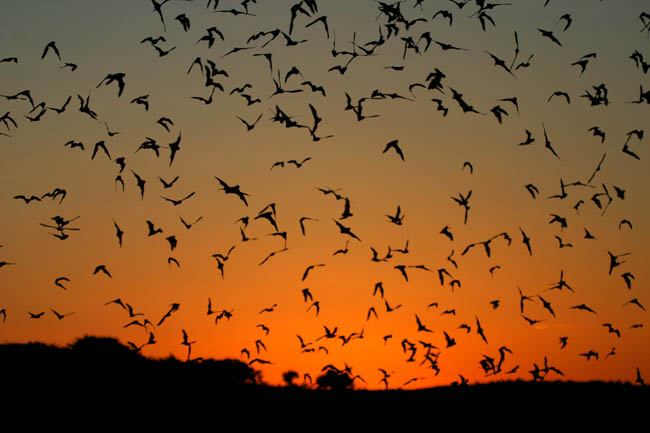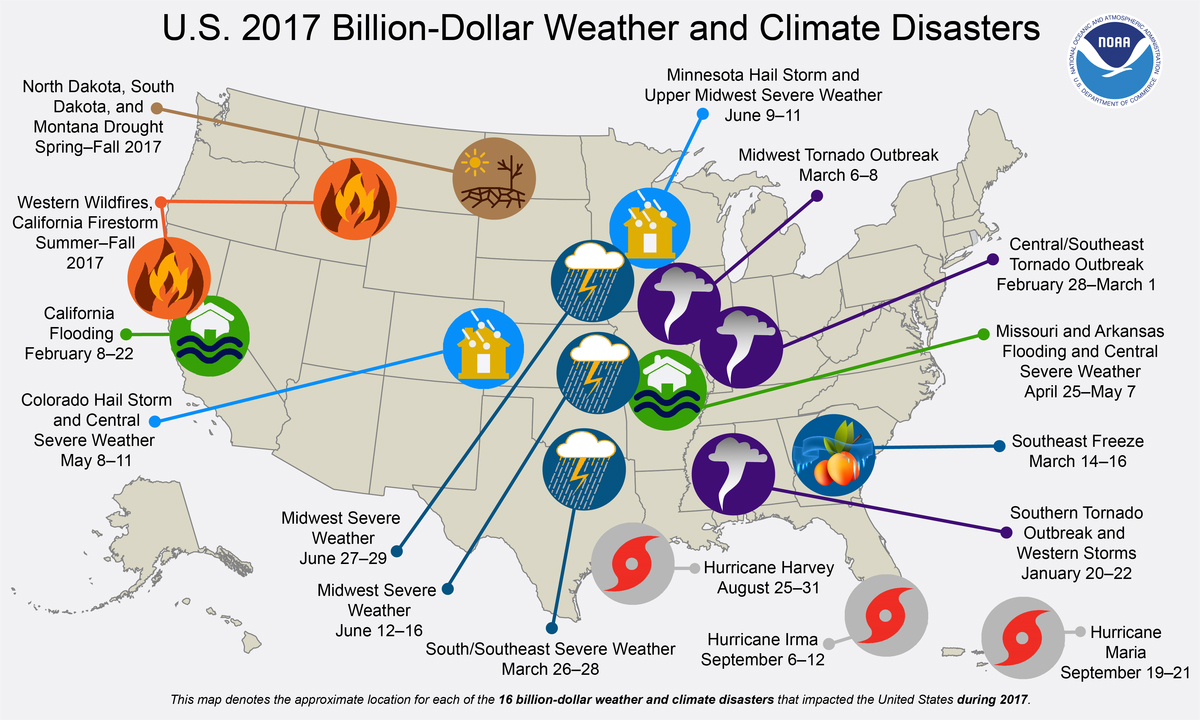Surprising Science
All Stories
A new study has found that those who report faster walking have lower risk of premature death.
NASA has found organic matter preserved in 3-billion-year-old mudstones at Gale crater on Mars. Is it just a matter of time before life is discovered on the red planet?
A global Ebola pandemic could cause tens of millions of deaths. To prevent this, researchers at Lehigh University have created a predictive model based on the migratory patterns of bats.
A new study suggests that the genes that are associated with schizophrenia are switched on in the placenta when a pregnancy complication occurs.
Current climate change models are flawed when predicting the true cost to the world, new study says.
Walking all over the English countryside picking up trash, the genitalia of the spotted hyena, and many other subjects comical and deadly serious.
People who displayed higher intelligence were 28% more likely to wear glasses.
The updated recommendations come in the wake of research that shows an alarming rise of colon and rectal cancer among young adults.
Does smoking marijuana make it less likely that couples will have children? A study out of Boston University has arrived at a clear conclusion.
The field of Artificial Intelligence is pushing back against a newcomer — for good reason.
A new study attempts to figure out why the motor cortex sometimes synchronizes to speech as the auditory cortex does.
A new study echoes a body of prior research showing that men tend to outperform women in a variety of navigational and spatial tasks.
Big Think speaks with the American who’s spent the most time in space, astronaut Peggy Whitson, looking back on what she learned during life in orbit.
People who occasionally pull all-nighters are at greater risk for diabetes and other illnesses, and a new study identifies blood proteins as being behind the problem.
This asteroid is feeling itself, clearly.
Even though 18,000 species are discovered and named each year we are still losing ground, writes the College of Environmental Science and Forestry.
The changes humans bring to the environment, like pollution or pesticides, is spiking cancer rates in animals, according to a new study.
It might not be a great idea to chug a whole box of Arm and Hammer, but a small daily dose could do wonders for keeping your autoimmune system in check.
The entire device is about the size of an ice chest, and the temperature it achieves will be 10 billion times colder than the vacuum of space.
A team of researchers at Cornell University has developed a revolutionary battery architecture that could someday increase storage capacity while cutting charge times to mere seconds.
Cyberloafing — or, absent-mindedly browsing the internet — actually has a place in the workday according to this recently published study.
A lot of the powers found in the comics exist in real life. They’re just a bit different.
Cephalopods like the octopus could have originated from outside of our solar system, possibly coming to Earth as hitchhikers frozen inside comets and meteors.
In a sense, a proton acts very much like a star.
Scientists are investigating whether it’s possible to give modern elephants an ancient boost by reviving woolly mammoth DNA—all to curb climate change.
Humans are much more dangerous to spiders than vice versa.
A set of new studies that used large-scale computer simulations found that life might be more common throughout other universes than previously thought.
The evidence of water vapor plumes on Europa is enough for NASA to plan a probe that will take samples in 5 to 10 years.
An asteroid about the size of a New York City block is flying between the Earth and the Moon today. How close, though?
Simple 1:2 breathing is where it’s at, according to a major university study.





























